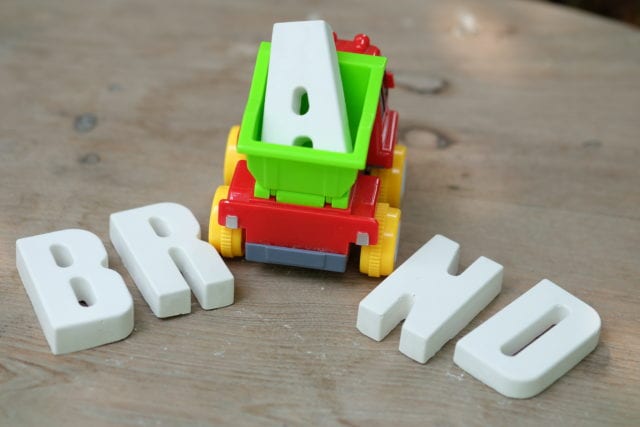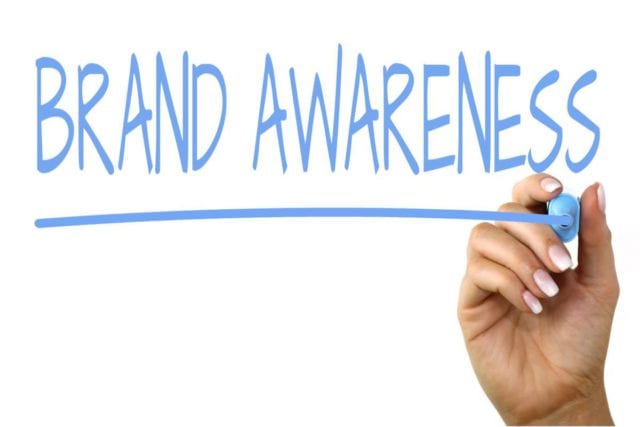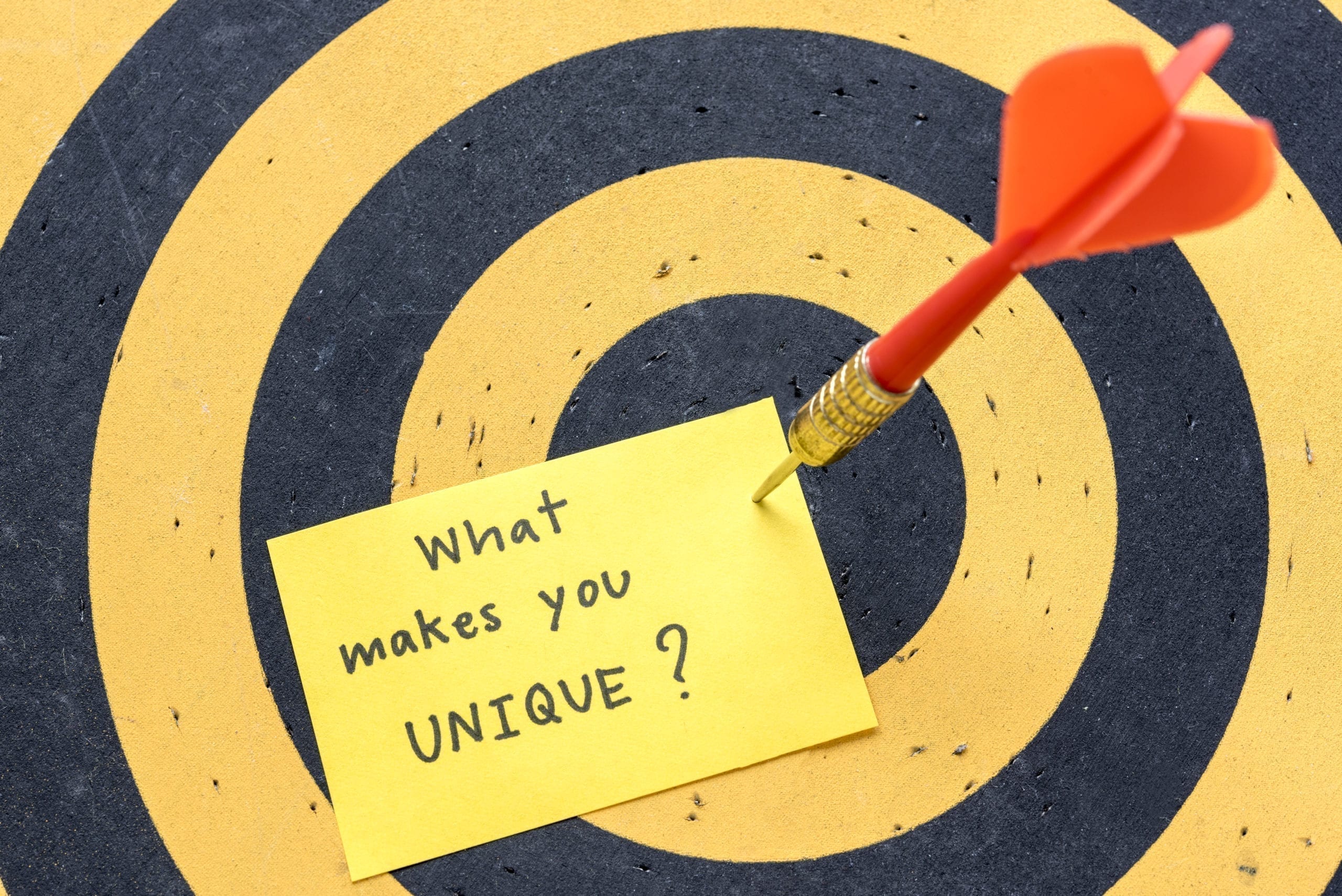Personal branding is one topic everyone seems to be speaking about these days. Especially in the times of social media, when everyone wants to either build their personal brand online or become a social media influencer.
What Is Personal Branding?

In a nutshell, your personal brand is what people think of you when they hear your name. Words they associate with you, automatically. For instance, when you think of Tarla Dalal, what comes to your mind – food, right? When you think of Kareena Kapoor Khan, you think of yoga and fitness automatically. Your personal brand is essentially what you stand for. It’s what helps you differentiate from others.
Most people confuse personal branding with self-advertising. They’re not completely wrong. But building a personal brand goes beyond that. It’s how you build a connection with your audiences, especially on social media.
Why Is Personal Branding Important?

You don’t have to be someone really famous, or a social media influencer to think about a personal brand. It’s important for you to have a personal brand because it is part of your identity. It’s how you pronounce yourself to the world. Especially in today’s times, when people interact with your social media account more than they interact with you. A potential employer might go through your social media profiles before they choose to interview you. A client might be inspired by some of the content you post on Instagram and you might land a new project.
How Does Personal Branding Help?

Personal branding and leadership are related. When you have established a strong personal brand, people tend to think of you as an expert in your field. As someone whose opinion matters. People might approach you to seek advice on certain topics, purely on the basis of your personal brand. For instance, if you manage to successfully showcase yourself as a fashionista, you will soon have people asking you for fashion tips.
How To Build A Personal Brand?

Branding yourself can be challenging, but it’s not as hard.
The most important thing about self-branding is that it mustn’t be forced. You shouldn’t pretend to be someone you’re not. Build your personal brand on authenticity, not what you think you should be seen as. Before you begin, it’s important you set some time aside to think deeply about your personal branding strategy.
What is your personal brand going to be all about? What is it that you want to talk about, with your audiences? Do you want to come across as an entrepreneur building her own business empire, or as a nutritionist who can help people achieve their fit body goals? Whatever it is, it should be a natural extension of who you are in real life.
While it may seem tempting to speak about any and everything that excites you, we recommend you restrict yourself to a few topics, either related to your field of profession (like entrepreneurship, marketing, design) or any particular interests you may have (think food, fashion, fitness). Branding yourself as a jack-of-all-trades may not be such a good idea. What’s important is that you must be passionate about whatever you choose to speak about. Because when you’re passionate about something, it shows.
Most people think that your personal brand must only show you in perfect light. Not true. While it’s only human to want to speak about what you think is your forte, it’s absolutely fine if you want to speak about topics that may not traditionally be considered ‘perfect’. It’s okay to speak about the struggles and failures you may have faced in the past – in both personal and professional life. It only makes you more human.
What you must also keep in mind is that your personal brand will not build overnight. Just like you change, so will your brand. Your brand image is a reflection of yourself, so let it naturally evolve as you move through your life. For instance, if your views on certain issues change, do not be pressured into thinking that you must firmly stick to your original opinion.
Another thing that is probably worth mentioning is that while you’re building your brand, it’s crucial that you be respectful of others’ views. For instance, if you feel strongly about veganism, don’t attack people who share pictures of themselves enjoying fried chicken. If someone writes a blog on what their political views are, avoid bashing simply because you don’t agree. If you must, disagree with them by writing a parallel post explaining respectfully why you don’t buy their views. Any kind of negativity only does damage.
How To Create Personal Brand Awareness?

Just having a personal branding strategy isn’t enough. Execution is equally important. The key to building an effective personal brand on digital media is creating content and publishing. Relagulry. Discipline and consistency are key.
Choose either a single channel or a few channels where you want to publish the content you create. If videos are your thing, start a YouTube channel where you regularly share short videos. If you prefer photographs, Instagram should be your platform of choice. If you’ve decided that you’d rather express your views in the form of written pieces, opt for a publishing platform like Medium where you can write blogs and share them easily.
Many people have used social media to their advantage by building a personal brand that people connect to, and would like to see more of. Take celebrity chef Pooja Dhingra, for instance. Her Instagram account with millions of followers is proof of her popularity. On her Instagram page, she shares content about baking, her confectionery company, business and entrepreneurship and also gives us snippets into her personal life. Her personal brand is fun, creative and ambitious. Another person we really like is Kusha Kapila, who regularly speaks about body positivity and how she fought fat shamers.
A strong personal brand is one that’s engaging, real, and inspiring at the same time. One that keeps your followers hooked, and looking forward to what you have to say. Getting your self-branding game might seem intimidating, but it’s really not. All you need to do is start.

